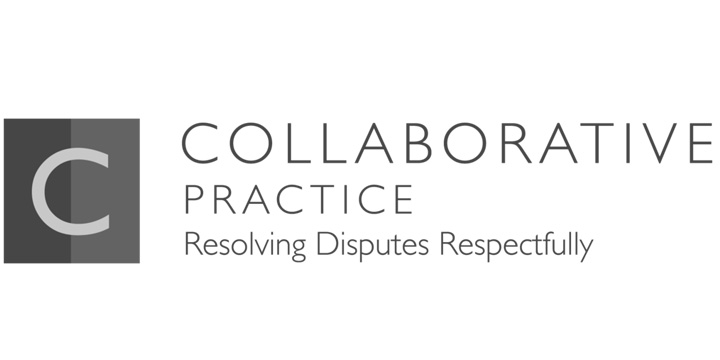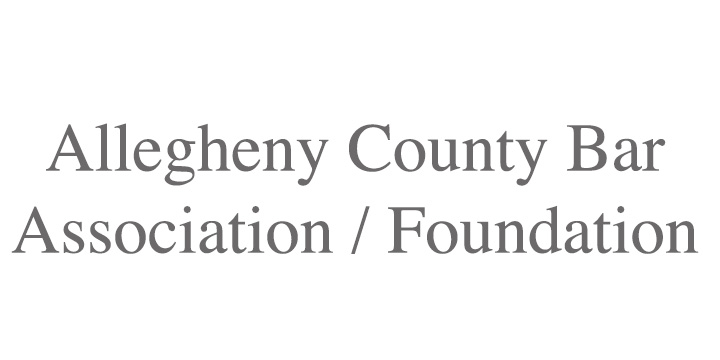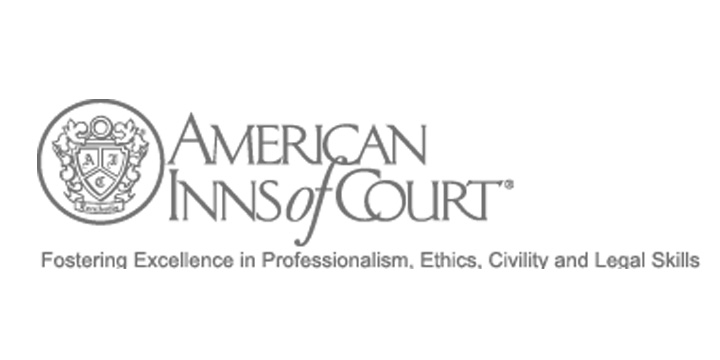1. The will needs an update if individuals named in it have died since it was signed. This issue was highlighted in the Massachusetts Supreme Judicial Court’s recent ruling in Ciani v. MacGrath, where a decedent married a second time after his first wife had died, but his will — which only provided for his first wife and his children (by his first wife) — was never updated. Not surprisingly, this situation resulted in litigation. The second wife filed a claim for her statutory elective share, the implementation of which became hotly contested. Surely, the decedent would have not only wanted to avoid that litigation for his family but also to create a plan for his second wife on terms that he designed, not the default under state law. An update to the will would have made all the difference.
2. While problems may obviously arise when a will is not updated after heirs or fiduciaries named in a will have died, there is also the potential for conflict between heirs when an individual dies intestate, i.e. without having a will. This may be especially true where the surviving family members are distant relatives. Each state has its own intestacy laws that dictate the distribution of a decedent’s assets when an individual dies intestate. Similarly, each state has its own preprinted forms for undertaking probate. Relying too heavily on the static wording in these forms could result in serious problems. Another recent Massachusetts case (Leighton v. Hallstrom) highlighted one such hazard. In Hallstrom, a cousin in Sweden was an intestate heir pursuant to state law, but he was omitted from the probate petition’s list of beneficiaries. Although the cousin timely filed the appropriate form in an attempt to assert his beneficiary status, the preprinted form’s language did not sufficiently state his objection to his omission. After months of litigation and appeals, the foreign beneficiary was ultimately successful in confirming himself as a rightful heir, but it did not come without significant time and cost to the beneficiary and the estate.
3. The tax laws frequently change. The 2017 Tax Cuts and Jobs Act is a recent example. In the estate area, the federal estate, gift and generation skipping transfer tax exemptions were increased to $11.18 million per person in 2018, indexed for inflation. (This increase is set to expire Dec. 31, 2025, when the federal estate, gift and generation skipping tax exemption amounts are scheduled to revert to the prior $5 million amounts, adjusted for inflation.) Many states also have an estate tax, but the tax regimes differ from state to state, with respect to lower exemption amounts and the rules governing how a will (or a trust) must be drafted in order to receive the benefit of those exemptions. Income tax changes may also have a meaningful impact on how assets are left to intended heirs. An updated will (and trust) is critical to taking advantage of various tax benefits as relevant tax laws change and evolve.
4. There are any number of changes that might occur in one’s life. Personal circumstances, which affect decisions about the transfer of wealth to intended heirs, such as a marriage or divorce, a change in net worth, the birth, adoption or marriage of a child, the aging of one’s parents, the development of a disability or special needs, the possibility of long-term-care, can change an estate plan significantly. What might have seemed reasonable and prudent when a will was first drafted may very well be less so as these or other life changes occur. Contractual obligations might also arise, such as a prenuptial agreement, separation agreement or a stockholders agreement, which should (or must be) incorporated into an estate plan. A change of state residency is another reason to consider will changes since each state has its own estate planning laws. Updating the will helps to avoid the potential personal and legal problems arising from an outdated plan.
5. An estate plan should be goal-driven, and the will is a key component of the planning blueprint. Planning for one’s children should be especially evaluated on a continuing basis as changes happen in their lives and the parents’ goals and priorities correspondingly evolve. Common scenarios involve designating a different guardian for minor or disabled children; changes to better assure that inheritances are protected from the claims of creditors (such as a divorcing spouse or a long-term-care provider); estate tax reduction planning for the child’s own estate; maximizing the efficiency, privacy and cost- and time-savings for estate settlement, and mitigating the risk of the children fighting with each other over the estate. Grandchildren, other family members, beloved friends and/or charities might come to the fore as intended beneficiaries. Some of these and/or other goals might be nonexistent when an initial will is executed but may become critically important over the course of time. A regular review of the will (perhaps every two to four years, though the need varies case-to-case) will help ensure that the estate planning goals and the provisions that are meant to fulfill those goals are refreshed and aligned.
It’s vital to keep a will up-to-date, but it’s important to remember that the will should not stand in isolation, but should be part of a comprehensive estate plan. A revocable trust is frequently a crucial complement, for inheritance, tax and probate avoidance planning purposes. Advance directives, such as durable powers of attorney for property and health care and a HIPAA authorization, can be invaluable to implement planning goals during a person’s lifetime and to avoid a court’s involvement via a guardianship and/or conservatorship. Still, more planning structures and document options are available, depending on the level of wealth and estate complexity. Yet, no matter the scope of one’s planning, regular reviews and adjustments are a must.











